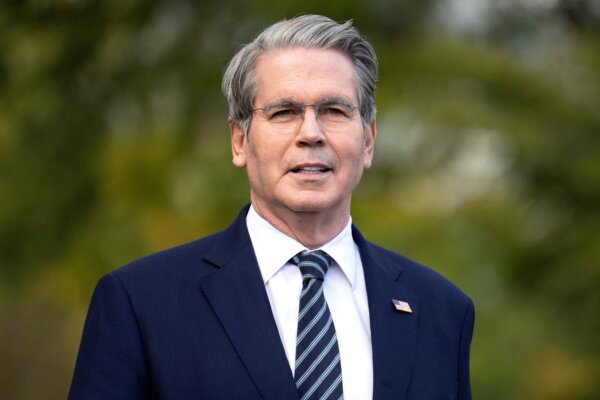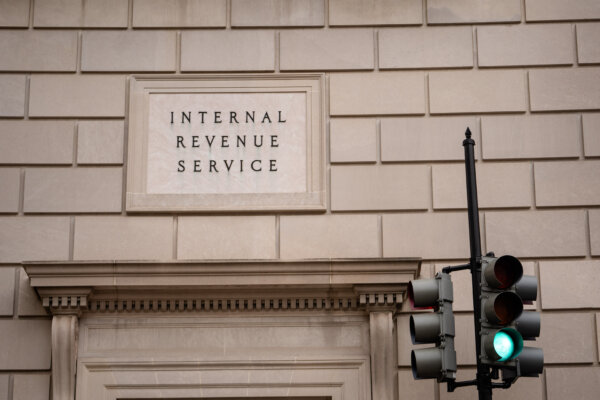![]() The U.S. housing market and other parts of the economy may already be in a recession due to high interest rates, Treasury Secretary Scott Bessent said Sunday, reiterating that the Federal Reserve should initiate more rate cuts.
The U.S. housing market and other parts of the economy may already be in a recession due to high interest rates, Treasury Secretary Scott Bessent said Sunday, reiterating that the Federal Reserve should initiate more rate cuts.
Bessent said that, while the overall U.S. economy remains solid, high mortgage rates are still throttling the real estate market. Housing, he said, is effectively in a recession that is hitting low-end consumers the hardest because they have debts, not assets.
“The Fed has caused a lot of distributional problems with their policies,” he said. “We have seen the biggest hindrance for housing here that are mortgage rates. So, if the Fed brings down mortgage rates, then they can end this housing recession.”
Bessent added that low-income Americans are being harmed by high these interest rates, adding that if they’re not dealt with, “I think that there are sections of the economy that could go into recession.”
Despite this, Federal Reserve Chair Jerome Powell signaled during last week’s policy meeting that the central bank may not cut rates further at its December meeting, prompting sharp criticism from Bessent and other Trump administration officials. At the same time, the Fed approved its second straight interest rate cut, dropping the benchmark rate to the range of 3.75 percent to 4 percent.
“If you keep policy this tight for a long period of time, then you run the risk that monetary policy itself is inducing a recession,” he told the outlet in an interview published Saturday. “I don’t see a reason to run that risk if I’m not concerned about inflation on the upside.”
Bessent echoed Miran’s sentiment, telling CNN that the White House-initiated cuts in government spending had helped to lower the deficit-to-gross-domestic-product ratio from 6.4 percent to 5.9 percent. That should reduce inflation, Bessent said, again calling for the Fed to drive down interest rates.
In addition to the announced rate cut last week, Powell also said that the Fed would end the reduction of its asset purchases, a process called quantitative tightening, which he said will start in December.
Powell also said that among the 19 Fed officials, there is a “growing chorus” to “wait a cycle” before making another rate cut.











